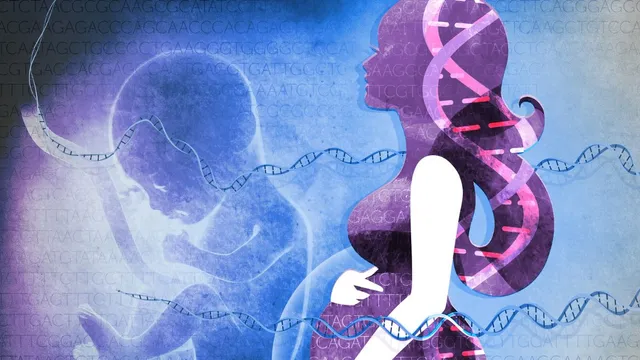- By Kamal Kumar
- Tue, 27 Aug 2024 04:58 PM (IST)
- Source:JND
Y Chromosome, a crucial gene-carrying structure within cells, will be extinguished from the human body in the coming time, a new scientific study claimed. The Y Chromosome is responsible for determining the sex of the newborn human baby, and as there are apprehensions about its possible extinction in a few million years, would it mean the human race will disappear?
In human beings, the females have XX chromosomes, while males have one X and a Y chromosome. During the fertilisation process, the male sperm divides to produce either X or Y chromosome, which combines with the female X chromosome and determines the sex of the newborn child.
Y Chromosome Shrinking: What Latest Study Suggests
Normally, the X contains about 900 genes, which carry various characteristics from the parent to the progeny, except for the sex. The Y chromosome contains only about 55 genes and a large amount of non-coding DNA. It also has a gene which enables the development of a male child in the embryo.
New scientific research indicates that the size of the Y chromosome has shrunk significantly over millions of years. The sharp decline has sparked debate in the scientific community about the fate of the human race in the coming future.
Y Chromosome Shrinking: How Evolution Affected Reproduction
The reduction of the size of the male Y chromosome is not a new phenomenon, claimed Professor Jenny Graves, an expert in genetics. In the last 166 million years, the Y chromosome has lost between 900 and 55 active genes, a sharp decline, which suggests that there might be a complete disappearance of the Y chromosome in around 11 million years.
However, as the Y chromosome tends to shrink and disappear, the possibility of evolution of an entirely new sex-determining can become a reality. Meanwhile, a research paper published in the Proceedings of the National Academy of Sciences reveals that spiny rats have developed a new male-determining gene, possibly hinting at an evolutionary pathway for humans.

